How do Japan’s host club hosts get their professional names? We talk with five Kabukicho pros

Interviews reveal backstories behind the genjina.
“What’s in a name?” some people ask, but the answer is “Quite a lot” when you’re talking about the men who work in Japan’s host clubs. A good host name has to be steeped in stylishness but also feel approachable, paving a smooth path to popularity with repeat and new customers alike.
Most hosts don’t work under their real names, but instead use a genjina, or “professional name.” So how do they come up with one? To find out, our ace reporter Mr. Sato spoke with five hosts currently working in Tokyo’s Kabukicho bar district, all staff members at clubs managed by Smappa Group, to hear their stories.
● Host #1: Reiwa
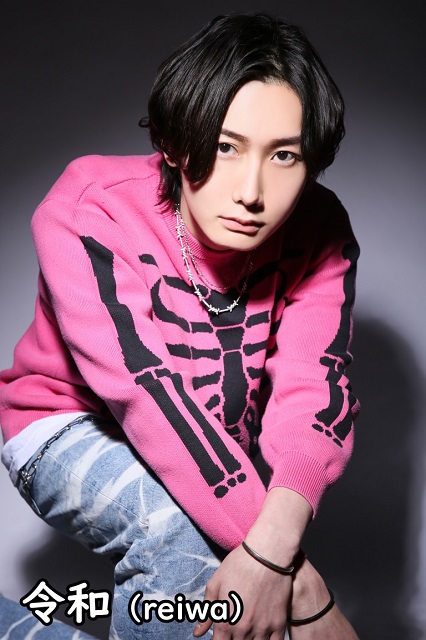
Mr. Sato: So, I’m guessing you changed your name when the Reiwa period started, right? Did you decide to do that yourself?
Reiwa: Yeah, it was when the Reiwa period started, but I didn’t come up with the idea on my own. Our company also runs a cake shop, and a TV crew was coming to do a story about it. My boss said “How about if you appear with your name as Reiwa?” Basically if I changed my name, I could be on TV. It took me a while, but I decided to do it, and my boss started calling me “Reiwa” too after that.
Mr. Sato: That’s pretty forceful.
Reiwa: But that meant I got to be on TV, and there were people who saw me and remembered my name and still come to the club as customers even now, so I’m glad I changed it. Actually when the Reiwa period started, there were a lot of hosts who changed their names to Reiwa, but I think I’m the only one who’s still using it.
Mr. Sato: You’re a survivor. Do you ever think about changing it again?
Reiwa: When hosts get promoted to executive host positions, they start going by their family name. So when that happens to me, I’m planning to use “Reiwa” as my family name, and my old host name as my given name…There are still some customers who call me by my old name, so I’d like to do that for them.”
● Host #2: Takumi Saito
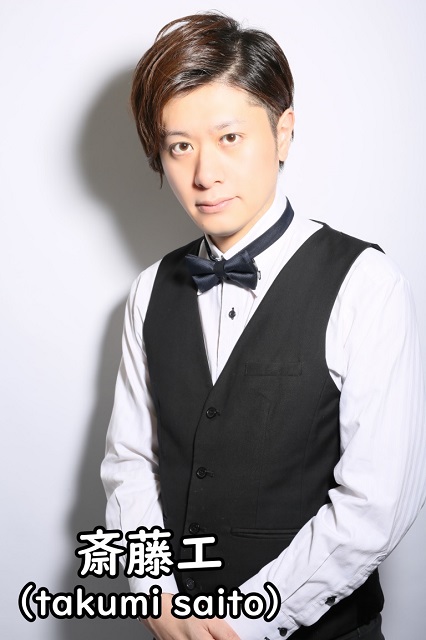
Mr. Sato: Wait, is your name supposed to make people think of Takumi Saito, the famous TV drama actor?
Takumi: No. I’ve been in this business for over 20 years, and I’ve been using this name since I started. The manager of the club I used to work at was a big fan of the manga Initial D. Its main character is named Takumi, so he gave me the same name. As for Saito, in those days people said I looked like the twin actors Shota and Keita Saito, and putting those together made me Takumi Saito.
After that, I had a fortune teller look at my name, and they told me that the number of strokes it took to write it was unlucky, so I changed my kanji for Takumi, from 拓海 to 工. But once the actor Takumi Saito started getting popular, I had people got upset at me for not looking like him, telling me I was a low-quality imitation.
Mr. Sato: Wow, that’s rough. But have you felt like there are upsides to having the same name too?
Takumi: It does make it easier for customers to remember it…Come to think of it, there used to be a lot of hosts named Takumi, usually guys with kind of a bad-boy image, but these days there aren’t so many anymore…Recently, there are a lot of hosts with 夜, the kanji for “night” [pronounced “yo” or “ya”] in their names, or guys with sparkly, cute-sounding names.
● Host #3: Musashi
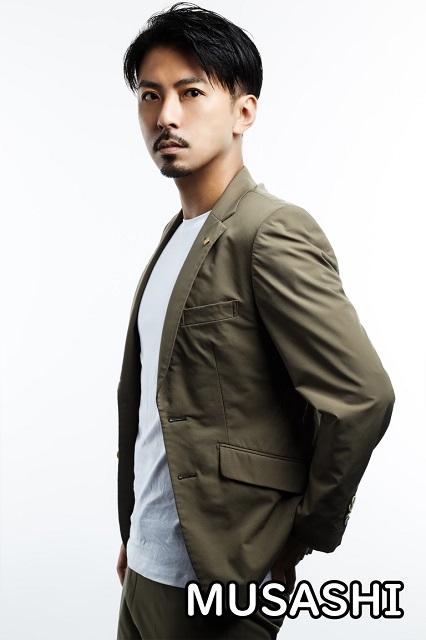
Mr. Sato: “Musashi” doesn’t seem like such a flashy name.
Musashi: It actually used to be “Miyamoto Musashi.”
Mr. Sato: Whoa, like the famous swordsman? Did you pick the name out for yourself?
Musashi: I took it from the manga about Miyamoto Musashi called Vagabond. It’s easy to remember, and it sounds tough.
Mr. Sato: And why do you always write it using the alphabet, instead of Japanese text?
Musashi: It makes it easier for people to find me when doing Internet searches…It’s kind of like the boy band Exile does.
Mr. Sato: Do you ever think about changing it?
Musashi: Nope. I’ve spent over half my life as Musashi, the host, so it’s become my identity, and I’m not going to change it.
Mr. Sato: Is part of that because you look up to Miyamoto Musashi?
Musashi: I guess it is. The name alone already sounds strong and masculine, and I want to be the same way.
● Host #4: Reman Aoyama
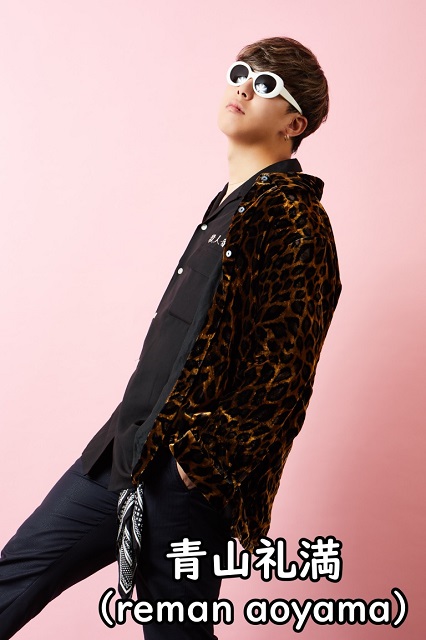
Mr. Sato: Reman is a unique name. How did you get it?
Reman: When I first started out as a host, I was planning on using my real name. Then one of my seniors told me that having a host name would be better. When you’re working as a host, you’re being a different person than you usually are, so you have a different name for each persona.
But I couldn’t think of a name that really clicked for me, so I asked our club’s producer for advice, and he said, “You’re an oshare (fashionable) guy, so how about Oshare Man? So I was Oshare Man for a while, but it was kind of an awkward name to use.
Mr. Sato: Yeah, I can imagine.
Reman: Like, it’s weird to meet a new customer and be all “Nice to meet you! I’m Oshare Man!” So I changed it to “Reman” for two years, and then when I got promoted to executive host, I became Reman Aoyama. For Reman, I chose the kanji 礼満, as a short version of Rei wo tsukushite manzoku shite itadaku (礼を尽くして満足して頂く, “be courteous to satisfy others”).
Mr. Sato: I see. “Reman” isn’t a collection of sounds you hear very often in Japanese.
Reman: That’s true. People sometimes call me “Roman” or “Lemon,” but I don’t get bent out of shape over it. I don’t plan on changing it either. It’s a name no one else has, so it’s easy to find me with online searches.
● Host #5: Haru Ninomae
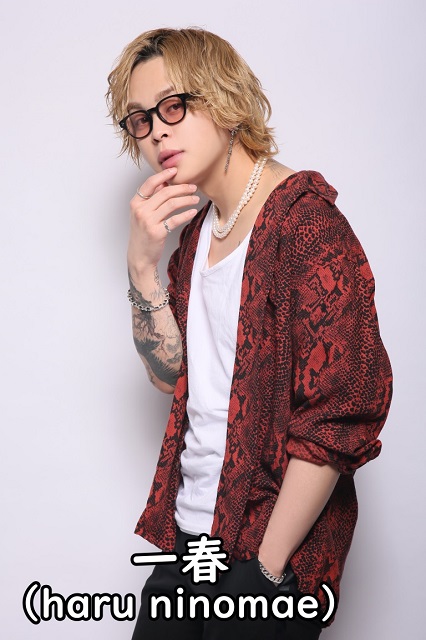
Mr. Sato: Did you pick your name out by yourself?
Haru: Yeah, the Haru part anyway. In the Takuya Kimura TV drama Pride, his character is named Haru Satonaka, and I liked his cool attitude, so I took he Haru part from there. Also I was born in spring [haru in Japanese], and my club manager, who’s now the president of our company recommended it, so there were a lot of overlapping reasons.
Ninomae was the family name one of my host seniors who I really looked up to used, so after he retired from the industry I took it over.
Mr. Sato: Oh, wow, like kabuki actors do! I didn’t know hosts did that sort of thing too.
Haru: I’m actually not sure if other hosts do that or not, but that’s what I did. I’ve heard of other hosts taking one kanji from their senior’s name though and using it to make one for themselves.
Mr. Sato: Did you feel any extra pressure when you started using your senior’s name?
Haru: I did, but in a good way. It became a source of motivation, motivation to not sully the name. Moreso than pressure, you could call it an increased consciousness, in a positive sense…It’s a name I have a lot of pride in.
Though Haru was the only one to explicitly say so, Mr. Sato came away with the sense that everyone he spoke to has a lot of pride on their host name, and that every day they’re working hard to live up to the expectations of their customers and themselves.
Related: Smappa Group
Photos: SoraNews24
● Want to hear about SoraNews24’s latest articles as soon as they’re published? Follow us on Facebook and Twitter!
Credit:

0 comments:
Post a Comment